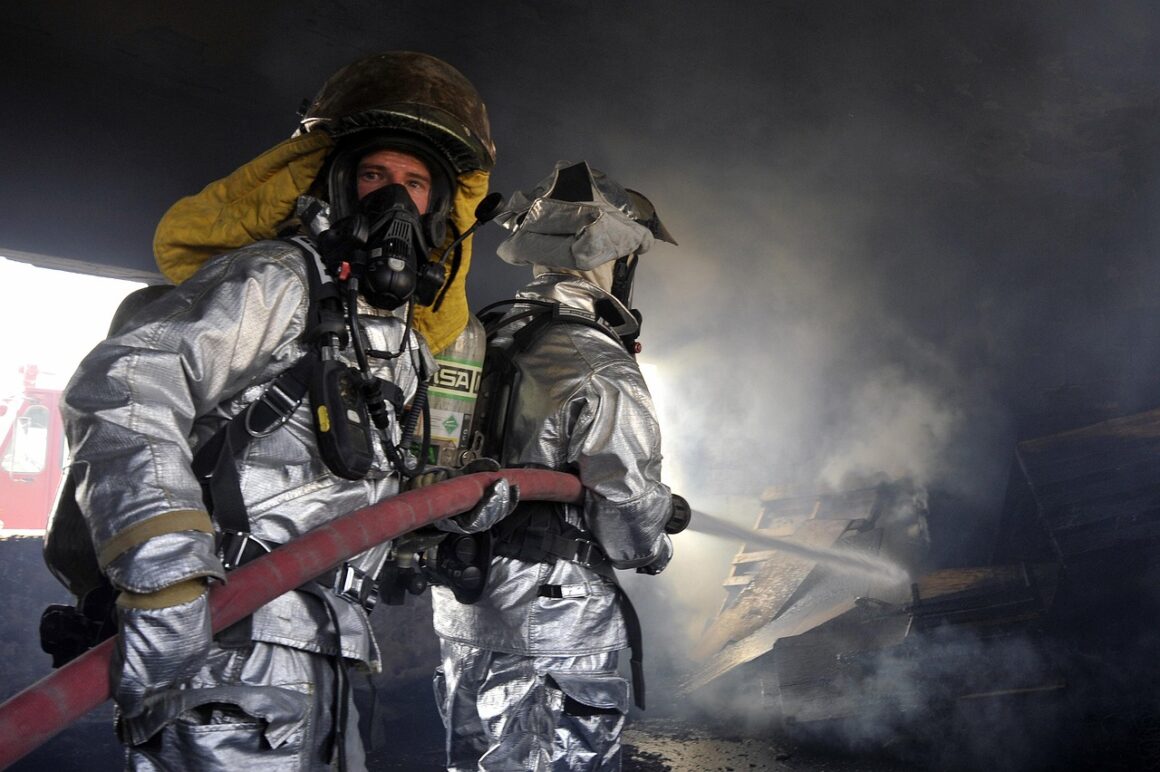Towel? Check
Flip Flops? Check
Bathing Suit? Check
Sunscreen?
A product that most people deem as a necessity for a perfect day at the beach, may be the secret cause of internal havoc in our bodies.
The concept of skin protection goes way back to ancient Grecian times when people would use olive oil to protect their bodies from the harmful UV rays. Sunscreen, or sunblock, was properly introduced in the early 1930s when the founder of L’Oreal, Eugene Schueller, brought the product into the market. Nowadays, sunscreen merchandise sales accumulate to some billions of dollars sold in the United States each year. As the product evolved, more and more companies began to add chemicals to their formulas such as oxybenzone, avobenzone, octisalate, and octocrylene that are still used today. Unlike mineral sunscreens (that only create a physical barrier to protect our bodies), chemical sunscreens soak deep into our skin, infiltrating into our bloodstream, and can cause a disruption in our normal regulation of hormones, or premature genital development in children. Dr. Arthur Perry, a certified plastic surgeon and a member of the Medical Advisory Board for The Dr. Oz Show wrote in one of his published articles, “chemical sunscreens function by absorbing UV light. In the process, some may get used up and mutate. Some generate DNA-damaging chemicals called “free radicals.” These may lead to cancers.”
Luckily, we have alternatives. Dr. Perry suggests his won Dr. Perry’s DayThyme SPF20, in which he claims to have carefully formulated for all skin types.
Though the “right” kind of sunscreen can protect you from the evil rays, all major public health agencies strongly advise upon the importance of proper clothing, the right time of day, and shade, as another alternative of skin protection. The American Skin Organization, recommends avoiding sun exposure during the times of 10 a.m. and 4 p.m, in which the UV rays are found to be most harmful. Keeping your skin safe in the shade, in the comfort of your own home, or under loose fitting garments can make the biggest difference in protecting skin cells from cancerous damage.
Although a daily and healthy sunscreen application is important for the maintenance of your body; once in a while couldn’t hurt anyone! (Your skin cells thank you!)




